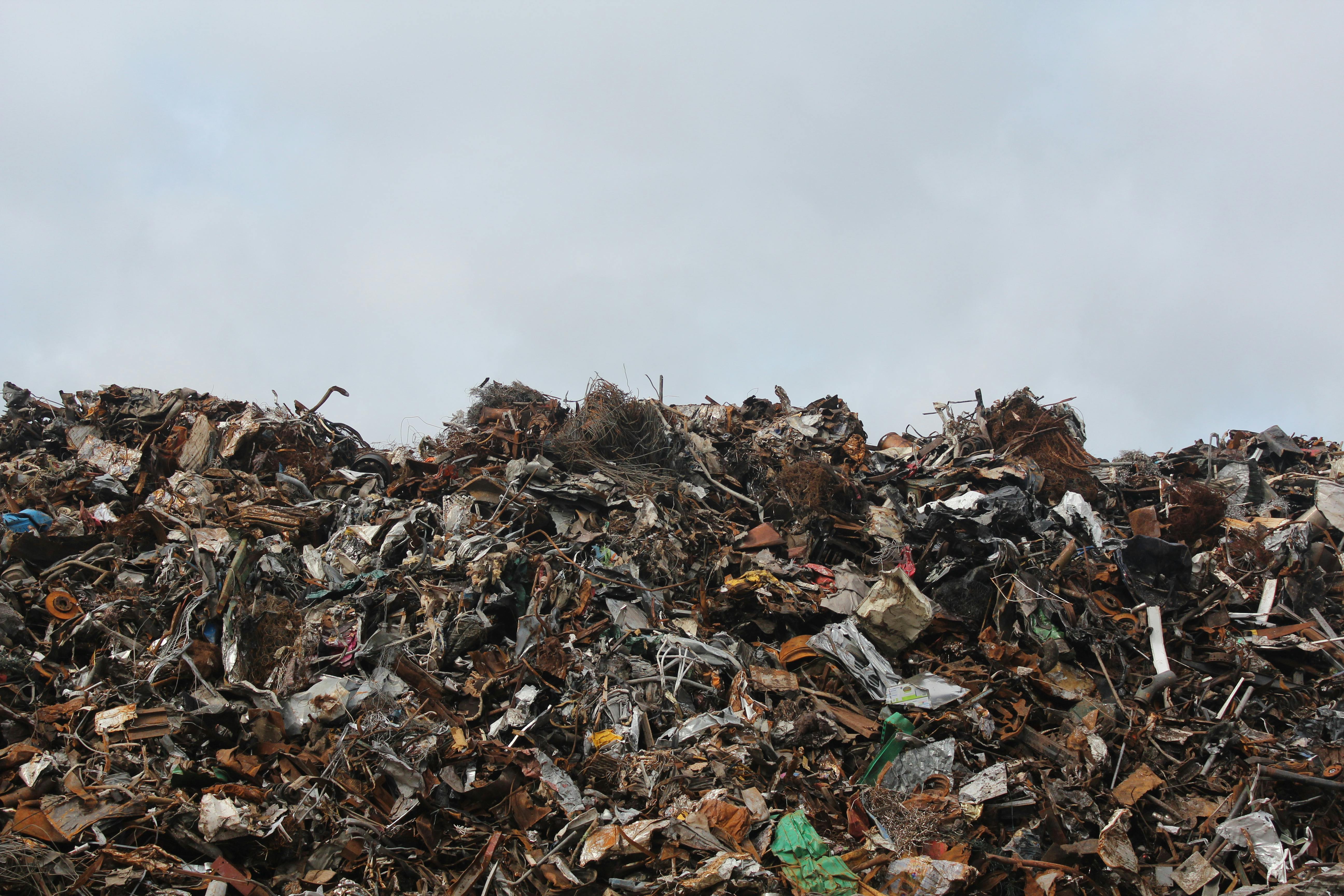Waste Management Service: Roles, Recycling, and Careers
Effective waste management services are essential to keeping communities healthy, conserving resources, and protecting the environment. These services span collection, sorting, recycling, treatment, and disposal, and they tie directly into public health, local economics, and job markets. Understanding what modern waste management does—as well as the career and job opportunities it creates—helps individuals and organizations make smarter environmental and employment choices.

Waste management: what it includes
Waste management covers the systems and processes used to handle discarded materials from generation to final disposition. That includes residential and commercial collection, transfer stations, sorting facilities, recycling centers, composting, waste-to-energy operations, and sanitary landfills. Many services also handle special streams like electronic waste, construction debris, and hazardous materials. A comprehensive waste management service aims to reduce environmental harm, recover valuable materials, and comply with local regulations while offering reliable local services in your area.
How recycling fits into services
Recycling is a core component of modern waste management and one of the most visible paths to reducing landfill use. Recycling programs vary by municipality and provider, but common elements include curbside collection, drop-off centers, and material recovery facilities that separate plastics, metals, paper, and glass. Effective recycling programs pair public education with infrastructure—clear labeling, consistent collection schedules, and markets for recycled commodities. Closed-loop recycling and improving contamination rates remain priorities to increase the environmental and economic benefits of material recovery.
What does a waste management job look like?
Jobs in waste management range from frontline collection drivers and equipment operators to technicians, plant operators, and administrative roles. Field jobs often require physical labor, safety training, and certifications to operate heavy machinery. Facility roles include sorting, maintenance, and quality control at recycling and treatment plants. Office positions cover logistics, route planning, environmental compliance, and customer service. Safety and regulatory awareness are central across roles, and many employers offer structured training and on-the-job development for new hires.
Building a career in waste management
A career in waste management can be technically focused or managerial. Entry-level opportunities may require high-school credentials plus training, while specialized roles—environmental engineers, compliance officers, and operations managers—typically require technical certificates or college degrees. Career advancement often comes through certifications (e.g., HAZWOPER for hazardous waste handling), apprenticeships, and experience managing operations or regulatory programs. The sector also offers pathways into sustainability, circular economy roles, and project management for those interested in combining environmental impact with business strategy.
Environmental impact of proper waste services
Well-run waste management services reduce pollution, greenhouse gas emissions, and risks to public health. Recycling and composting divert organic and recyclable materials from landfills, lowering methane emissions and conserving raw materials. Proper hazardous waste handling prevents soil and water contamination. Waste-to-energy facilities can recover energy from non-recyclable waste streams, though their role should be balanced with recycling priorities. Measuring and improving environmental outcomes requires monitoring, continuous process improvement, and collaboration between providers, regulators, and communities.
The landscape of providers includes large national and specialized regional companies that supply a mix of collection, recycling, remediation, and regulated-waste services. Below are examples of well-known, verifiable providers and the services they typically offer:
| Provider Name | Services Offered | Key Features/Benefits |
|---|---|---|
| Waste Management (WM) | Residential/commercial collection, recycling, landfill operations, waste-to-energy, renewable energy projects | Extensive U.S. network, integrated collection and disposal services, recycling processing capabilities |
| Republic Services | Collection, recycling, landfill and transfer operations, sustainability solutions | Broad U.S. coverage, focus on recycling infrastructure and fleet modernization |
| Veolia | Waste collection, recycling, hazardous waste, industrial services, resource recovery (global) | Global presence, integrated environmental services across waste, water, and energy |
| Clean Harbors | Hazardous waste management, industrial cleaning, emergency spill response | Specialized in hazardous and industrial waste, emergency response capabilities |
| Stericycle | Medical and regulated waste collection, disposal, compliance services | Focus on healthcare and regulated waste streams, compliance and secure disposal services |
Conclusion
Waste management services play a vital role in keeping communities clean, protecting the environment, and supporting diverse job and career paths. From curbside recycling to hazardous waste remediation, the sector offers opportunities for hands-on work, technical careers, and leadership in sustainability. Understanding service types, environmental impacts, and the variety of providers can help individuals and organizations make informed choices about local services and career planning.






